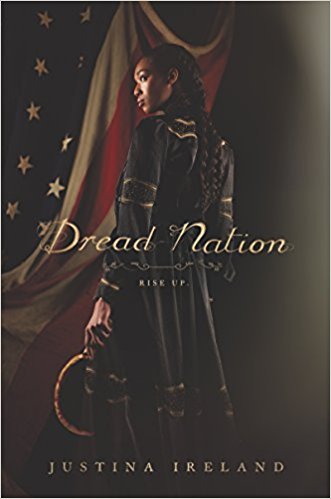 This is really a remarkable and very powerful book. First off, it’s a very engaging and exciting story with some action. You’ve got the Civil War setting and you’ve got zombies. I’m pretty sure that Civil War era isn’t a common setting in YA historical fiction, so that’s a nice thing right there. But Ireland has really twisted that setting with her introduction of zombies, or shamblers as they call them in the book (which is, by the way, an awesome term).
This is really a remarkable and very powerful book. First off, it’s a very engaging and exciting story with some action. You’ve got the Civil War setting and you’ve got zombies. I’m pretty sure that Civil War era isn’t a common setting in YA historical fiction, so that’s a nice thing right there. But Ireland has really twisted that setting with her introduction of zombies, or shamblers as they call them in the book (which is, by the way, an awesome term).
After the Battle of Gettysburg, the dead rose up off the battlefield and that started the epidemic. The Civil War ended because the North and the South basically needed to band together to fight the shamblers. Slavery is illegal, but it’s not exactly a time of respect for black people. And Ireland did something else really interesting—she took the concept of the schools that they used to forcibly send Native American kids to back in the second half of the nineteenth century and into the twentieth. These were horrible places where the primary goal was to eradicate Native American culture. Ireland took that concept and created combat schools for Native Americans and black people to learn how to effectively fight the shamblers. Because apparently it’s their duty to do that while the white people get to mostly laze around.
This is all a great and very creative setup, but what really makes the book is the main character. Jane McKeene has everything you could want in a protagonist. She’s smart and has serious moxie—you’d have to be a pretty weird person not to like her. Some of this is her training, but most of it is just who she is. She is a black, which seriously limits the roles she can play in life. But she doesn’t let that stop her. She was born to a white woman in Kentucky who was married to a rich man off in the war. I didn’t expect to get the full story on that but we do near the end, and it surprised me.
Okay, so that’s the basic setup. But there’s more to it because Jane gets herself mixed up into some intrigue. The school she attends—Miss Preston’s School of Combat—is just outside Baltimore, which claims to be shambler-free. But all is not as it seems. After a bold rescue of an entire room of people, Jane ends up getting the attention of the mayor of the city. Soon she is paired up with a boy named Jackson and a girl from her school, Katherine, on an adventure none of them wants. Fortunately, Jane’s there to save the day in her own way.
Let me just say that Jane’s voice is amazing. She’s so distinctive but is absolutely believable as a girl in her circumstances. When asked “Wherever did they find you?” she answers, “At the junction of hard luck and bad times,” because that’s what her momma used to say. She’s pretty unflappable, but even she has moments where the horrors of the attitudes of the times make her a little emotionally vulnerable: when Jane and other black kids are jogging into a new situation, she thinks:
Old Professor Ghering called Negroes livestock the night of the fateful lecture. I can’t help but think of him as we scurry along.
I loved that moment (for a character in a book) because it shows just how awful that racist climate is—even someone who knows better falls prey to shame. It’s insidious. She’s a very complex character.
Some of the other characters are also fairly well-developed. Katherine in particular is interesting because she’s walking a fine line that really challenges her. She’s very different from Jane at the beginning of the book, but less so at the end. Her circumstances make her different partially because she can pass for white. A couple of the other characters that mattered were Jackson and Gideon, and I have to say that they could both have been developed a bit more. I wanted more of both of them.
I should mention that Jane is technically bisexual because this has been another touted feature of the book. I say technically because it wasn’t integral to the story at all—it felt tacked on. Like, ooh, let’s make her bi, too! Now, I’m not saying there’s anything wrong with doing that, but it’s just not interesting or admirable.
Race, on the other hand, is absolutely intrinsic to the story. No way could this book have been written if race wasn’t addressed head-on. Ireland is unapologetic about it, too. The racism is painful and very real. A preacher in the book says:
“I know that you can deal with the obstinate Negroes as long as you remember that they are, at their heart, children. ‘Spare the rod and spoil the child,’ as the Scripture tells us.”
On the risk for black people attempting to pass as white, Jane thinks, “There’s nothing white folks hate more than realizing they accidentally treated a Negro like a person.” The woman who raised Jane (a former slave at her house) once told her about the “bad old days”:
It was bad then, Janie. A different kind of bad, but bad all the same. … So don’t let nobody tell you any different about the old days. Life is hard now, nothing but suffering, but some kinds of suffering is easier to bear than others.
This will be a hard book for some to read, but I still think it’s worth it. It tells us some truths about the times even while doing so through the screen of zombies.
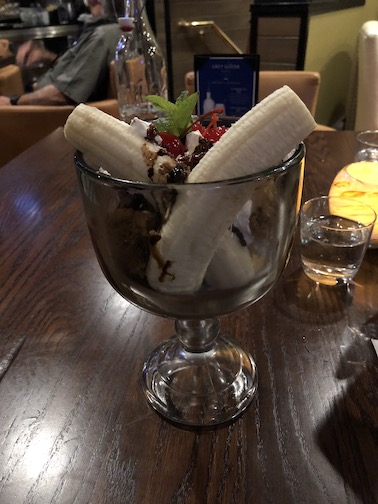
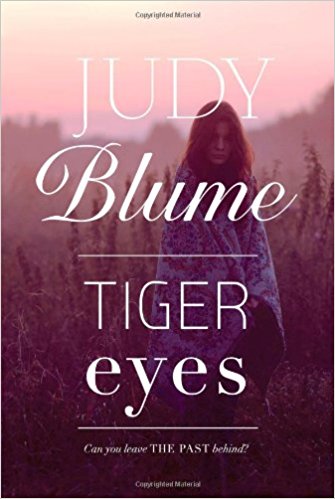 As I think I’ve mentioned earlier, I wasn’t a huge Judy Blume fan growing up, although I did read most of her stuff for younger readers. My MFA course instructor wanted me to read several of Blume’s books for this semester and Tiger Eyes was one I picked. It was first published in 1981 and I have to say it holds the test of time pretty well, with a couple exceptions I’ll mention below.
As I think I’ve mentioned earlier, I wasn’t a huge Judy Blume fan growing up, although I did read most of her stuff for younger readers. My MFA course instructor wanted me to read several of Blume’s books for this semester and Tiger Eyes was one I picked. It was first published in 1981 and I have to say it holds the test of time pretty well, with a couple exceptions I’ll mention below.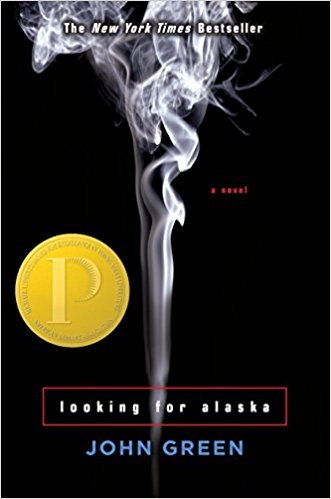 I first read Looking for Alaska two or three years ago, and reread it recently for the MFA. I enjoyed it the second time around, too. Of course, I was “reading as a writer” so the experience was a little different. Still, it’s a good story told well.
I first read Looking for Alaska two or three years ago, and reread it recently for the MFA. I enjoyed it the second time around, too. Of course, I was “reading as a writer” so the experience was a little different. Still, it’s a good story told well.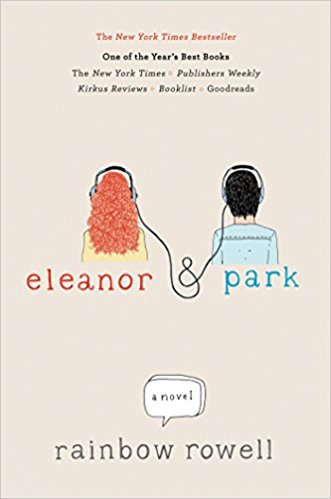 Eleanor & Park is one of my favorite books because it’s a wonderful emotional roller coaster-ride. Rowell is probably my favorite author because of what she can do with details. Who knew hand-holding could be as intense as she makes it?
Eleanor & Park is one of my favorite books because it’s a wonderful emotional roller coaster-ride. Rowell is probably my favorite author because of what she can do with details. Who knew hand-holding could be as intense as she makes it?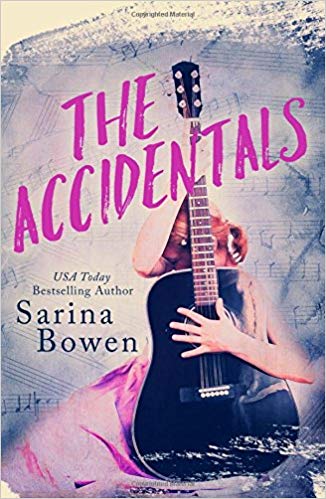 I’m a huge fan of Bowen’s adult romances, especially the True North series set in Vermont. So of course I had to check out her first YA book.
I’m a huge fan of Bowen’s adult romances, especially the True North series set in Vermont. So of course I had to check out her first YA book.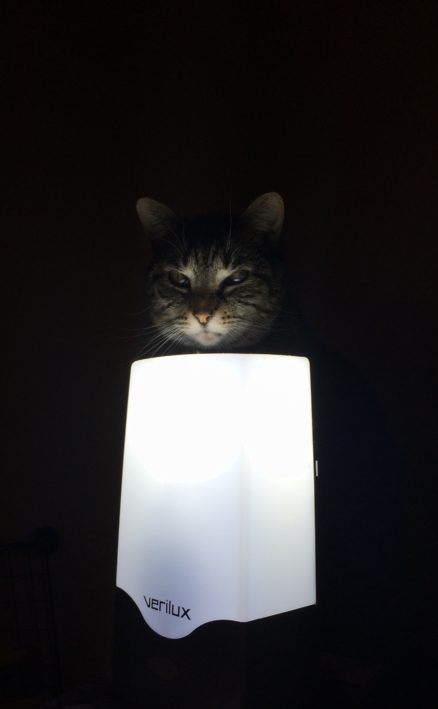
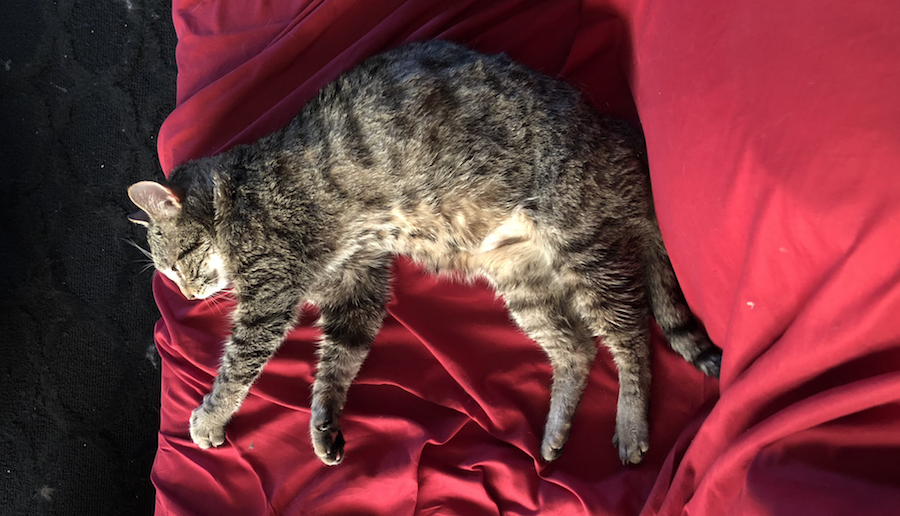
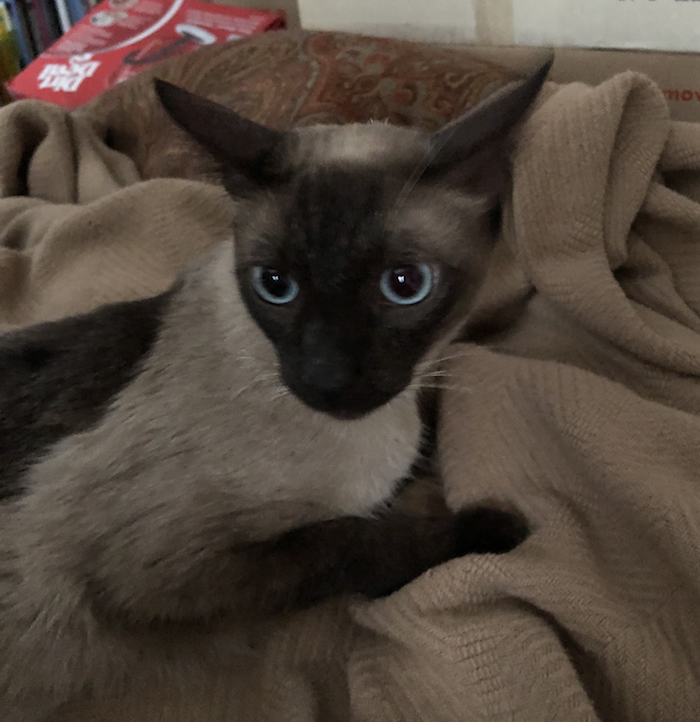
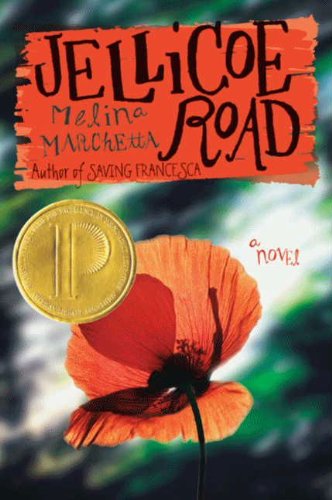 Jellicoe Road is a layered contemporary with a carefully-woven-in mystery. It’s beautifully written. But I have to admit, it’s also just the kind of book that makes me feel a little dumb, because I regularly felt like I didn’t fully understand everything that was going on (especially in the beginning). This can happen with complex books—I am often a lazy reader and don’t always pick up on very subtle nuances, which abound in this book. Still, that doesn’t make it a bad book and I did enjoy it (things made sense for me by the end).
Jellicoe Road is a layered contemporary with a carefully-woven-in mystery. It’s beautifully written. But I have to admit, it’s also just the kind of book that makes me feel a little dumb, because I regularly felt like I didn’t fully understand everything that was going on (especially in the beginning). This can happen with complex books—I am often a lazy reader and don’t always pick up on very subtle nuances, which abound in this book. Still, that doesn’t make it a bad book and I did enjoy it (things made sense for me by the end).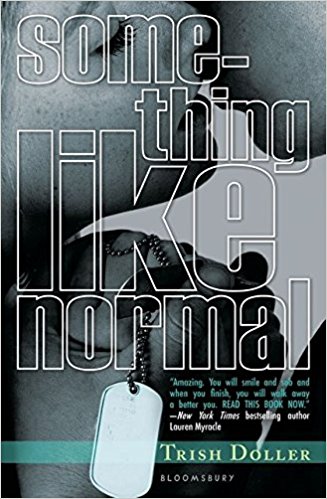 Something Like Normal is a slim book that explores a few weeks in the life of Travis Stephenson, a 19-year-old Marine home on leave after a tour in Afghanistan. His best friend there was recently killed and Travis is having apparent PTSD symptoms even though it’s undiagnosed because he’s afraid to seek help. He has nightmares and keeps thinking he’s seeing his dead friend. This definitely makes for a good story. And I did enjoy it, even though there were some things that bugged me about it.
Something Like Normal is a slim book that explores a few weeks in the life of Travis Stephenson, a 19-year-old Marine home on leave after a tour in Afghanistan. His best friend there was recently killed and Travis is having apparent PTSD symptoms even though it’s undiagnosed because he’s afraid to seek help. He has nightmares and keeps thinking he’s seeing his dead friend. This definitely makes for a good story. And I did enjoy it, even though there were some things that bugged me about it.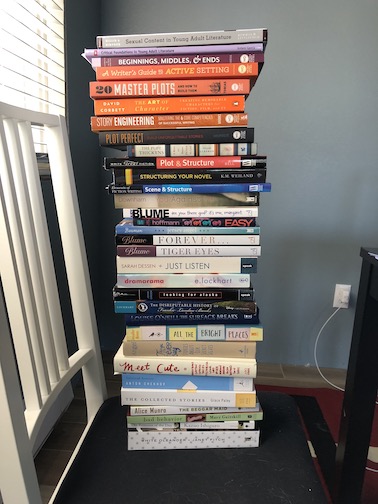
 There’s good reason this is a well-known and well-respected book. Woodson has done a great job with a tough subject, written 16 years ago—long before the publishing world started earnestly trying to make up for its lack of diversity.
There’s good reason this is a well-known and well-respected book. Woodson has done a great job with a tough subject, written 16 years ago—long before the publishing world started earnestly trying to make up for its lack of diversity. This is really a remarkable and very powerful book. First off, it’s a very engaging and exciting story with some action. You’ve got the Civil War setting and you’ve got zombies. I’m pretty sure that Civil War era isn’t a common setting in YA historical fiction, so that’s a nice thing right there. But Ireland has really twisted that setting with her introduction of zombies, or shamblers as they call them in the book (which is, by the way, an awesome term).
This is really a remarkable and very powerful book. First off, it’s a very engaging and exciting story with some action. You’ve got the Civil War setting and you’ve got zombies. I’m pretty sure that Civil War era isn’t a common setting in YA historical fiction, so that’s a nice thing right there. But Ireland has really twisted that setting with her introduction of zombies, or shamblers as they call them in the book (which is, by the way, an awesome term). For full disclosure, this author is going to be my faculty mentor for the first semester of my MFA, which is why I picked up her books. However, I haven’t met her yet so I figured I can still be trusted with a review.
For full disclosure, this author is going to be my faculty mentor for the first semester of my MFA, which is why I picked up her books. However, I haven’t met her yet so I figured I can still be trusted with a review.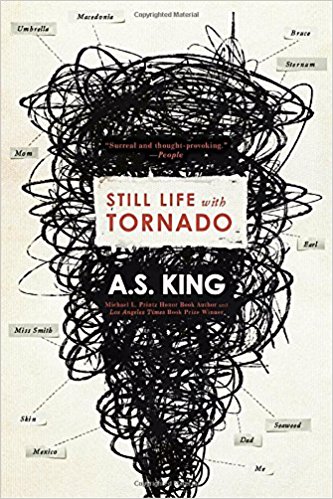 King loves to work with weird ideas, and this book is no exception. At the beginning of the book, all we know about Sarah is that something happened at school that has her unwilling to go anymore. She was a talented artist but whatever happened seemed to suck her ability to draw right out of her fingers. She wanders Philadelphia by bus and ponders how literally nothing is original. Nothing she does, nothing anybody else does, nothing. She’s depressed and having an existential crisis.
King loves to work with weird ideas, and this book is no exception. At the beginning of the book, all we know about Sarah is that something happened at school that has her unwilling to go anymore. She was a talented artist but whatever happened seemed to suck her ability to draw right out of her fingers. She wanders Philadelphia by bus and ponders how literally nothing is original. Nothing she does, nothing anybody else does, nothing. She’s depressed and having an existential crisis.